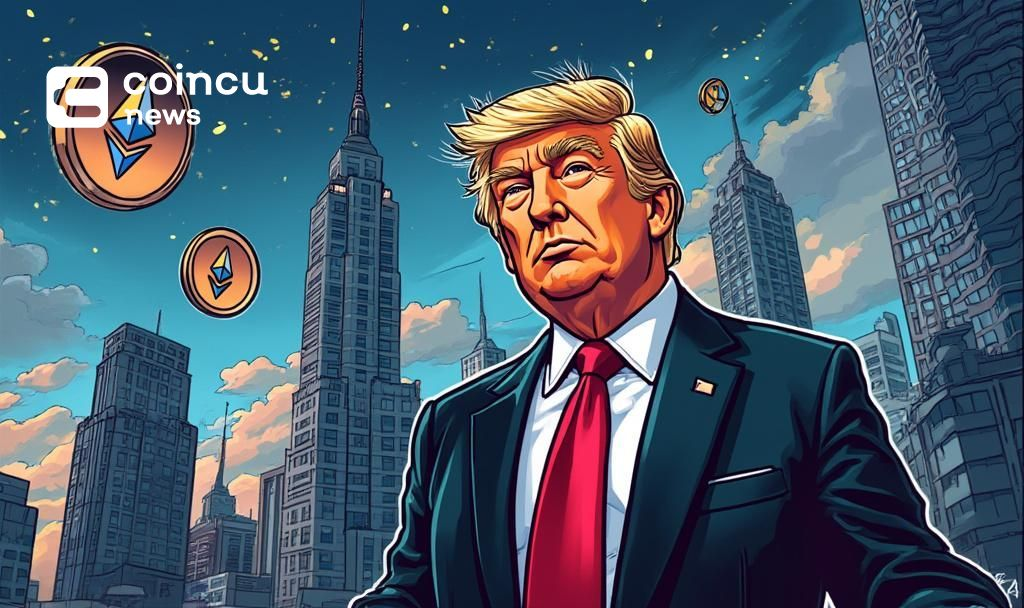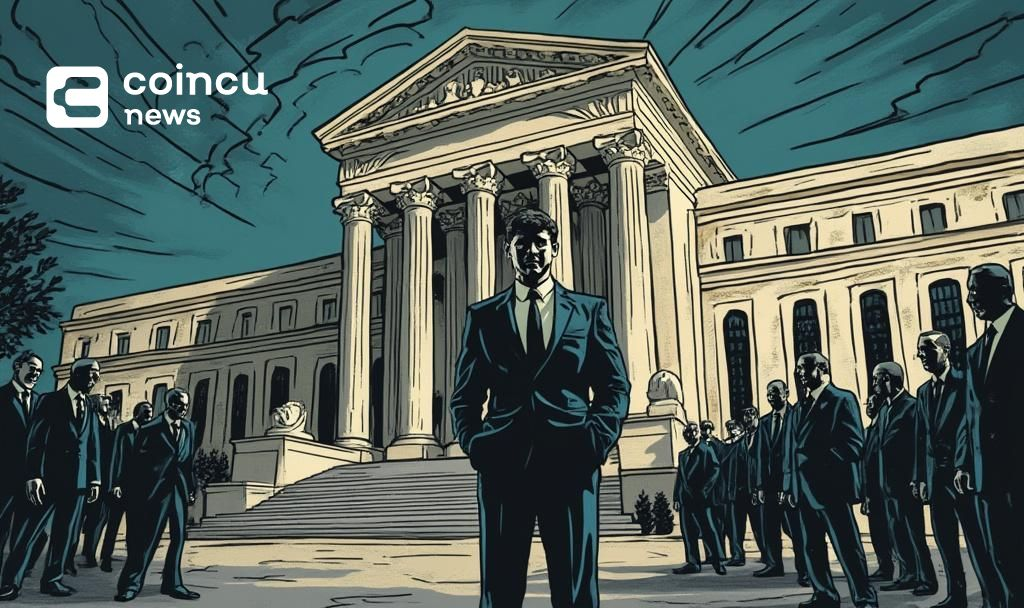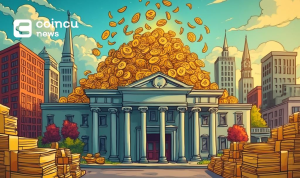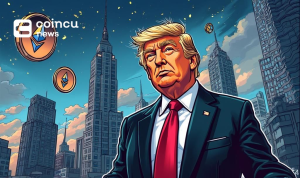$116424.951
At CoinCu News, we give both basic and in-depth articles on the latest news in the cryptocurrency and blockchain sectors.
Author
News
Trump-Backed Crypto Bills Stalled as House Republicans Block Key Procedural Vote
House Republicans block Trump-endorsed crypto legislation, delaying progress on stablecoin and digital asset reforms.
Jul
ProShares Ultra XRP ETF Approved by NYSE Arca
NYSE Arca approves ProShares Ultra XRP ETF (UXRP), expected to boost XRP futures trading.
Jul
U.S. Readies Vote on New Cryptocurrency Legislation
U.S. House to vote on the GENIUS Act, signaling major changes in crypto policy.
Jul
U.S. Moves Closer to Federal Stablecoin Regulation
President Trump backs the GENIUS Act; House vote could transform U.S. stablecoin landscape. Key developments
Jul
Pump.fun Completes Token Sale, Acquires Wallet Tool
Pump.fun raises $500 million in token sale and acquires Kolscan. Impacts crypto market dynamics.
Jul
Dimon Says JPMorgan Will Pursue Stablecoins Despite Skepticism
JPMorgan beats Q2 earnings and revenue expectations, fueled by strong trading and investment banking, and
Jul
US Treasury Initiates Federal Reserve Succession Process Amid Shadow Rumors
US Treasury starts formal Federal Reserve succession process as rumors of a 'shadow chairman' circulate,
Jul
Citi Explores Stablecoin Issuance Amid Changing Regulatory Landscape
Citi considers stablecoin issuance, signaling potential shift in digital assets strategy amid evolving regulations.
Jul
SharpLink Becomes Largest Corporate ETH Holder With 280,706 ETH Staked
SharpLink Gaming now holds 280,706 ETH after a $213M buying spree, surpassing the Ethereum Foundation
Jul
[tptn_list how_old="7" limit="5" title_length="0" heading="0" show_date="0" ]
[tptn_list how_old="30" limit="5" title_length="0" heading="0" show_date="0" ]





















